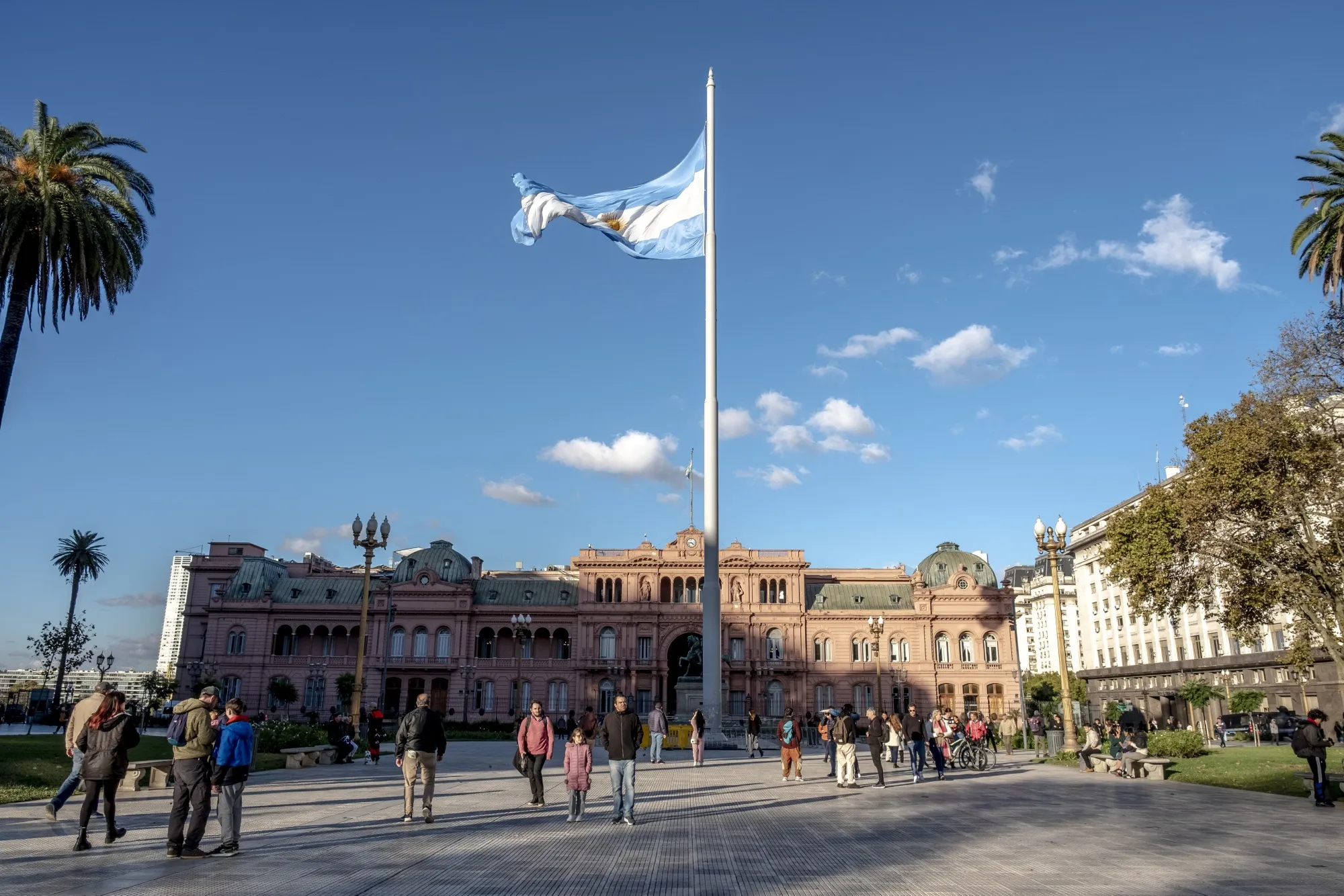Argentine man wins lawsuit against Google over Street View nudity

The man, a police officer from a small town in Argentina, was photographed naked in his yard in 2017 while standing behind a 2-meter (6.5-foot) wall.
A court in Argentina has ordered Google to compensate a man whose naked image was captured by a Street View camera and widely circulated online, ruling that the tech giant violated his right to privacy and dignity.
The man, a police officer from a small town in Argentina, was photographed naked in his yard in 2017 while standing behind a 2-meter (6.5-foot) wall.
Despite being within the confines of his private property, the image showing his bare backside appeared on Google Street View and was later broadcast on Argentine television and shared extensively on social media. His house number and street name were also clearly visible.
Arguing that the exposure subjected him to ridicule in his workplace and community, the man filed a lawsuit against Google, seeking damages for the humiliation and loss of dignity he endured.
Although a lower court dismissed his claim last year blaming him for “walking around in inappropriate conditions in his yard” an appellate court reversed the decision. The judges ruled that Google had committed a serious invasion of privacy and awarded the man compensation amounting to approximately $12,500.
“This image was not captured in a public space but within the protected area of a private home, behind a wall higher than the average person,” the appeals court stated. “The intrusion into the plaintiff’s life was arbitrary and unjustified, and there is no reason Google should escape liability for this serious error that compromised the dignity of an individual within his private domain.”
The court emphasized that Google itself has policies aimed at protecting individual privacy, including automatic blurring of faces and license plates in Street View. “But in this case, it wasn’t his face it was his entire nude body. That, too, should have been obscured,” the judges noted.
Google had argued the wall was not high enough to guarantee privacy, but the court found that the individual was within a reasonable expectation of privacy in his own backyard.
Meanwhile, a telecom company and a news outlet named in the suit were cleared of liability. The court ruled that Cablevision SA and news site El Censor had merely reported on the incident and helped bring attention to Google’s failure, rather than being responsible for the breach itself.
The ruling comes amid a broader conversation about tech companies’ accountability for privacy breaches. Google has faced similar legal challenges before. In 2019, it paid a $13 million settlement related to data collection through its Street View vehicles.
And in a 2010 U.S. case involving a Pennsylvania couple, the company was found to have trespassed during Street View operations, though damages awarded were just $1.
Google says it provides users with options to request blurring of faces, license plates, homes, or entire bodies through its "Report a problem" tool on Google Maps. However, the Argentine court ruled that the burden of preventing harm in this case rested with Google and that the damage had already been done.
